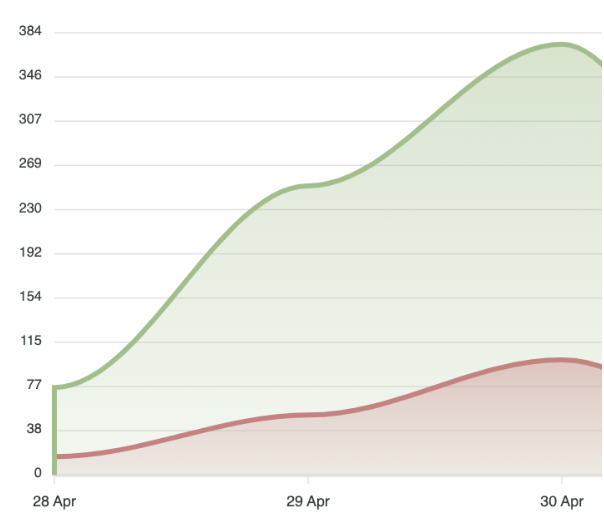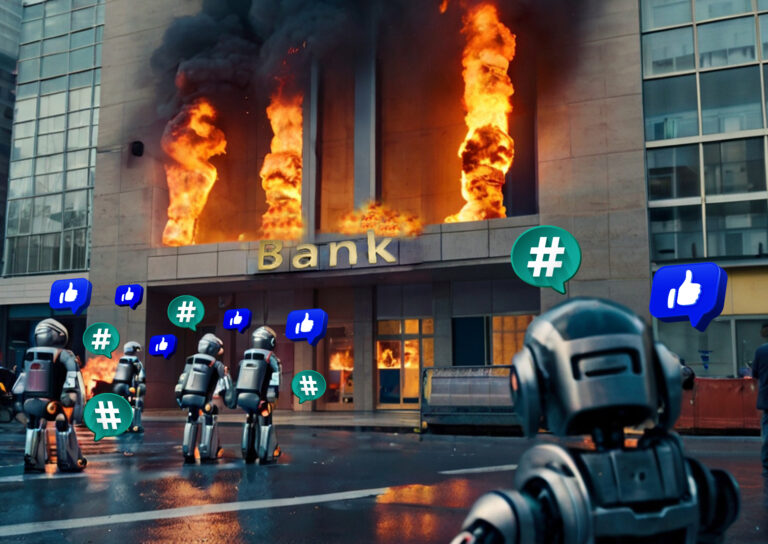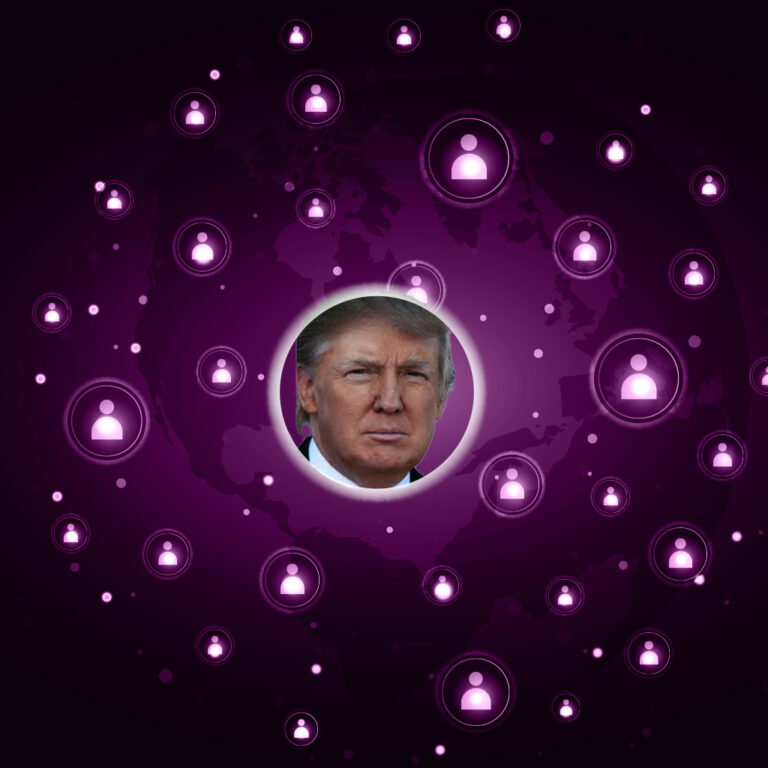Canadian supermarket giant Loblaws has been under a wave of protest and calls for boycotts online. While the protest started as a legitimate consumer-led resentment, following concerns about the cost of living and the business trend social media now widely refers to as “greedflation”, it was picked by fake profiles, that amplified and promoted the angry voices, causing a huge reputational crisis for Loblaws, which resulted in real-world damages.
TL;DR?
- The hashtags #BoycottLoblaws and #CancelLoblaws started trending at the end of April.
- 18% of X (Twitter) profiles using the hashtag were fake.
- Fake profiles using the hashtag reached the potential eyes of over 348,000 people.
When Bots Jam the Checkout Lines
Being the largest food retailer in Canada, with over 2,400 stores across the country, Loblaws is not new to PR crises. However, the current boycott calls, which started trending on April 27 and were picked up by fake profiles on the next day, seem to have resonated on social media, resulting not only in viral photos of empty stores and parking lots, but also in the radicalization of the protest. By the beginning of May, just a week after the protest started, raging conversations were not only calling for boycotts – they declared May 12 as “Steal From Loblaws Day” and encouraged customers to shoplift and steal products to “punish Loblaws”. Posters about this illegal activity were hung anonymously in Toronto, and spread quickly in other major cities across Canada.

Fake profiles picked up the trend in tandem with authentic ones.
An authentic profile posted a photo of an empty parking lot to show the success of the boycott.
Posters shared on social media and hung in the streets of Canadian cities, encouraging people to shoplift
Cyabra’s analysis of the hashtags #boycottloblaws and #cancelloblaws between April 23 and May 9 uncovered that 18% of the profiles using the hashtags on X (Twitter) were actually fake profiles. The content shared by the fake profiles aimed to push, extend, and radicalize the protest against Loblaws, encouraging people to boycott the supermarket stores actively. The fake profiles had a huge impact on the discourse, reaching 348,000 potential views.
Can Loblaws Shelve its Bot Problem?
In the beginning, fake profiles and bots were heavily focused on disinformation that relates to societal issues, such as elections, health and civil unrest. In the past year, Cyabra had witnessed those attacks reaching the private sector, with bots taking part in fake campaigns attacking companies that were involved (willingly or unintentionally) in political issues, such as LGBT rights, marginalized communities, or the Middle East conflict.
The Lobwlaws protests were different: they were initiated by frustrated clients, focusing on the issue of pricey products, the global financial crisis, and the cost of living. This is a classic PR crisis, usually referred to as “consumer rage” in the world of PR and Comms. This is why the involvement of bots in this crisis shows that their operators now possess a deep understanding of the way crisis communication works, and the impact a continued crisis can have on a brand – even a huge, stable one like Loblaws. In short, this is another business harmed by brand disinformation.
Fake profiles amplifying #BoycottLoblaws
The long-term financial and reputational damages of #BoycottLoblaws and “Steal From Loblaws Day” might still be coming in the following months. However, Loblaws can still mitigate against this brand reputation crisis by taking the following steps:
1. Identify the fake accounts that cause the most harm to the brand, and report them to social media platforms.
2. Promote positive narratives among authentic profiles discussing the supermarket, and amplify their content.
3. Turn on real-time alerts and live monitoring to catch the next reputational risk led by fake accounts.
Learn more about Cyabra’s technological capabilities in detecting fake campaigns, identifying bots, alerting you to any change in the conversation, and defending your brand.


